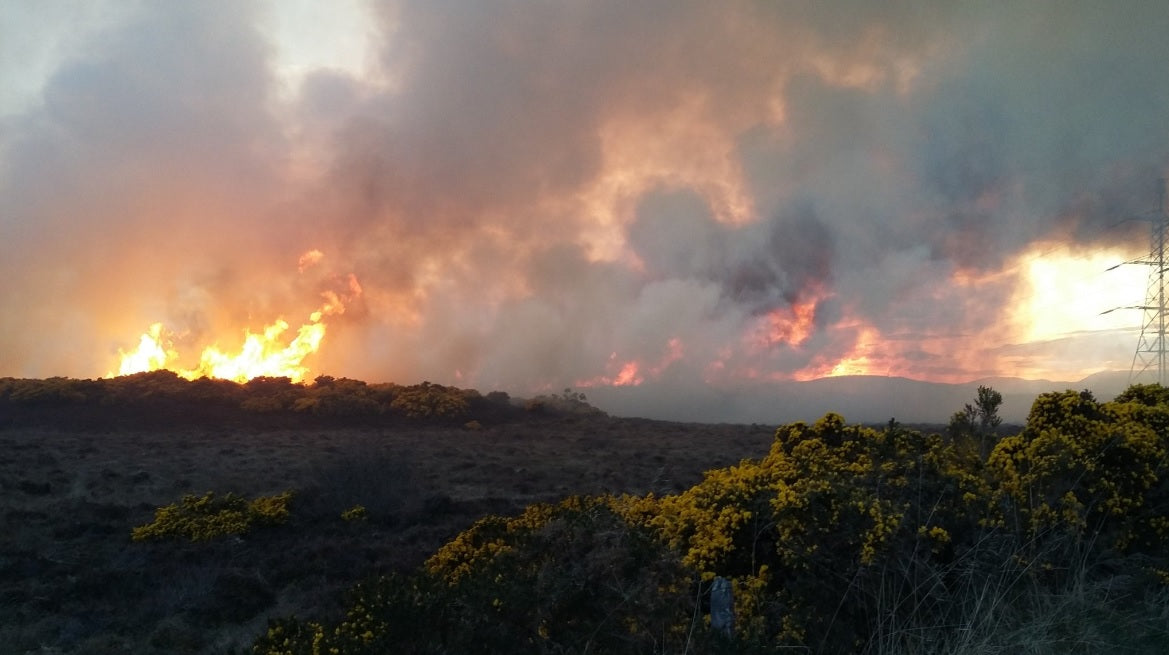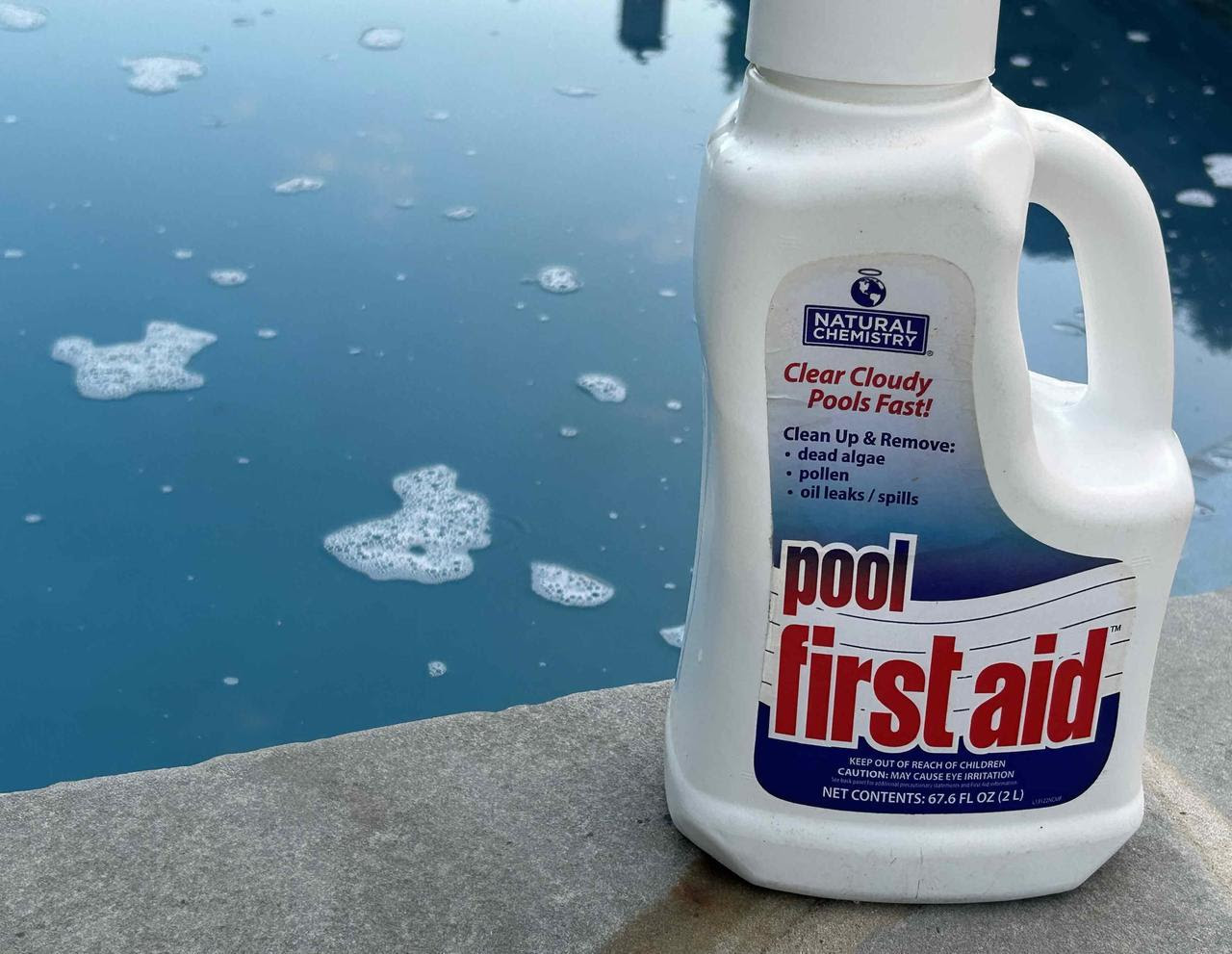|
Recent devastating fires spreading around Canada are sending large quantities of smoke/ash into the air, which is making its way to the US. Pollutants introduced by the ash and smoke can make pool maintenance very difficult. Staying on top of pool maintenance is important to making sure the sanitizer residual does not become overwhelmed by the introduction of debris or that water quality suffers due to the increased demand on the filtration system. Here are a few swimming pool management tips to help keep pool water clean and chemically balanced when safe to do so. Be sure to follow all local guidelines when outdoors and pay attention to local weather updates that might impact your area. Test water and keep up with balance, sanitization, and disinfection Monitor the pool for elevated pH and difficulty maintaining free chlorine residual caused by the introduction of debris and ash. |
|
When safe to do so, and if possible, remove any visible debris from your pool. As always, test the pool water frequently. Ash coming from trees and vegetation contains large amounts of carbon, making it highly alkaline, which can radically increase the pH. High pH environments are not ideal for maintaining adequate free chlorine. When chlorine is added to water, hypochlorous acid (HOCl), the killing form of chlorine needed to disinfect and sanitize, is generated. It is especially important to keep pH between 4-7.6 so that enough HOCl is present. When the pH rises above 7.6, more hypochlorite (-OCl) is formed instead, reducing chlorine ‘s ability to disinfect. It will be important to maintain a free chlorine residual. The pool may need to be shocked more often if the free chlorine residual keeps dropping. Shock regularly. Chlorine demands are possible, so heavy chlorination may be necessary to destroy contaminants enough for the residual to be maintained for at least 48 hours. A non-chlorine shock may be needed if combined chlorine readings are In addition to carbon, ash also contains magnesium, calcium, and phosphorus. Being mindful of total hardness and orthophosphate will also be important to keeping properly balanced With potentially higher pH environments and added calcium, calcium scaling is possible. A scale control product like Scalefree may be needed to keep carbonate scaling from forming on surfaces. Be sure to keep an eye on orthophosphate levels. Use Phosfree, PhosRemove or Phosfree Max if the phosphate level exceeds 500 ppb, and continue to maintain with Pool Perfect Max with Phosfree weekly. |
|
Be sure to keep up with preventative algaecides. Since it may be a challenge to maintain the free chlorine residual, algae prevention will also be difficult. Be sure to apply Algae Break 90 or Pro Series Dual-Action Algaecide at least weekly. More may be needed if early growth is observed. More brushing may be needed to keep any grime or dirt from building up on pool surfaces. |
|
Filtration & Troubleshooting Be sure to continuously operate your filter and be prepared to monitor the filter pressure gauge for any increases. Backwashing or chemically cleaning may be needed more often for heavily soiled pools. If water balance is properly maintained and an adequate sanitizer residual is established and maintained, troubleshooting products can also come in handy to keep contaminants filtering away. Pool Perfect can be used weekly to keep water clear as contaminants are introduced and phosphate levels low. If water becomes cloudy, Pool First Aid, Rescue Klear or a clarifier such as Chitosan Clarifier can be used to quickly restore the water to its clear state. Monitor the filter pressure as clarifiers are used and clean as required. |


